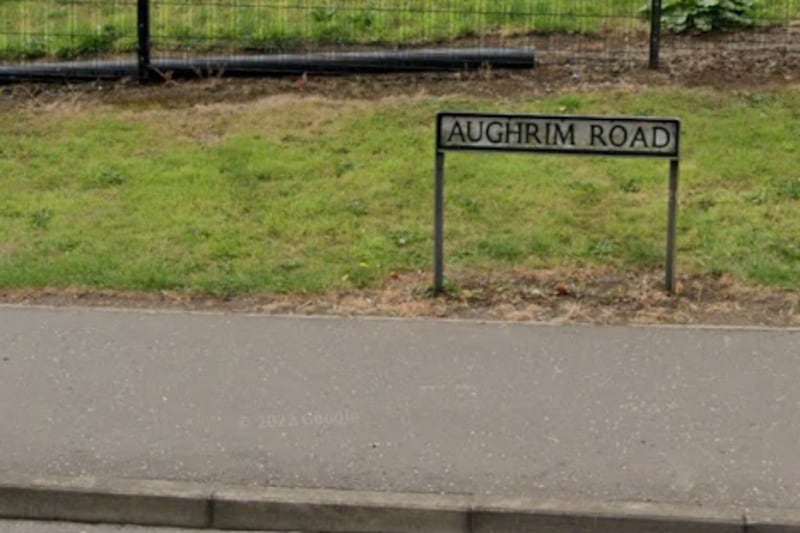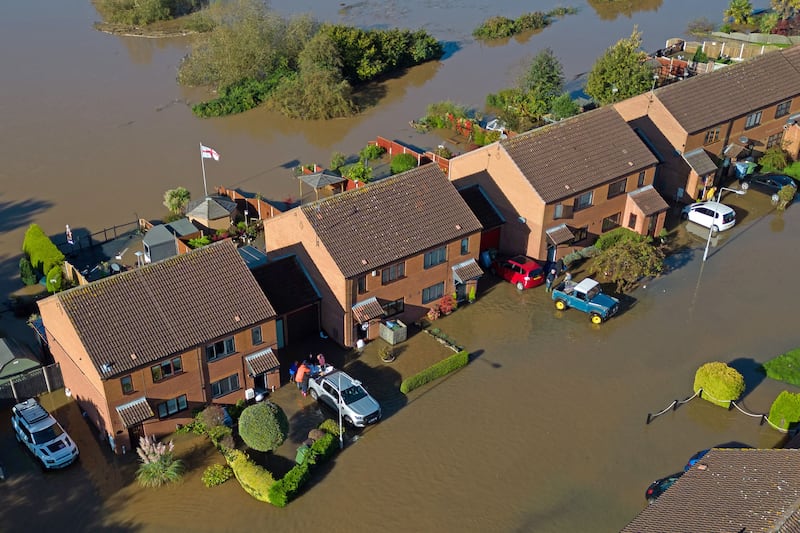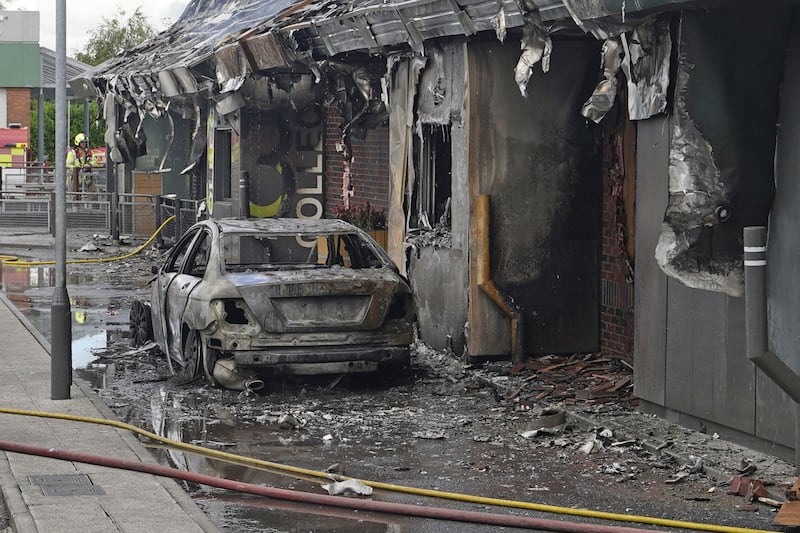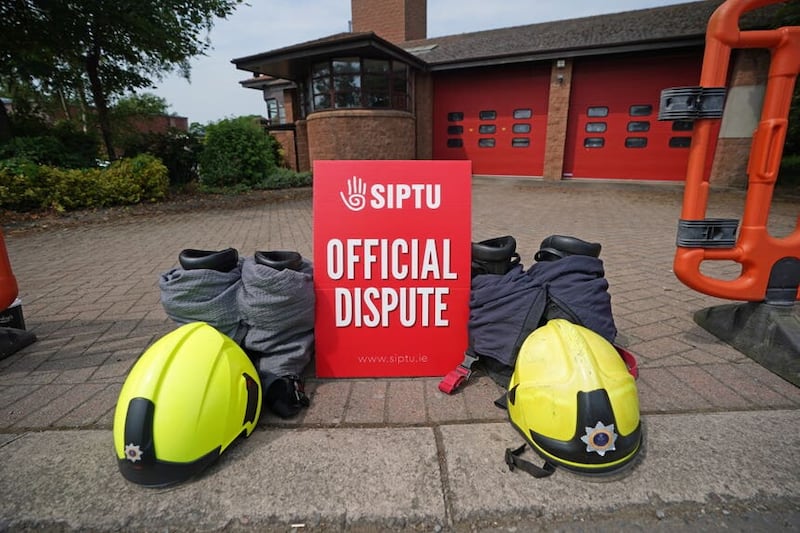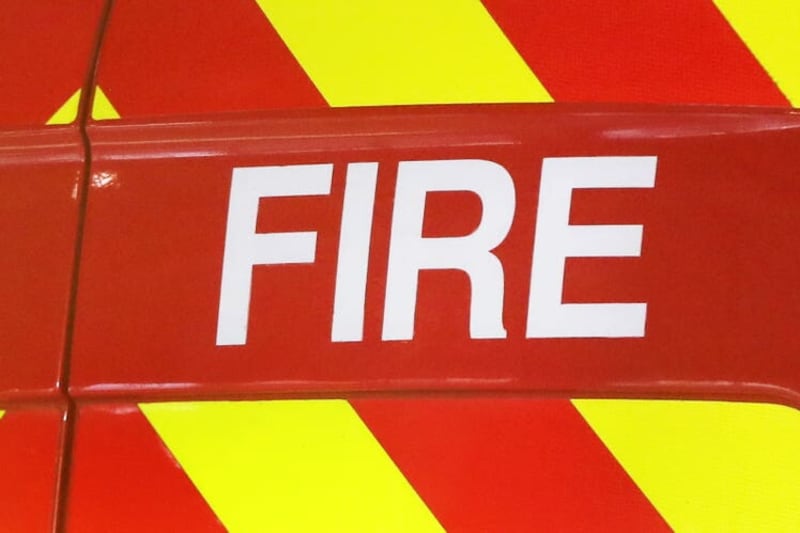SMOKING materials are still the biggest cause of accidental fire deaths, the Northern Ireland Fire and Rescue Service has warned.
Of the 28 people killed during the past three years, 13 died in blazes started by cigarettes, matches or lighters.
Alan Walmsley, NIFRS assistant chief fire officer, said: "When it comes to fatalities, the reality is that smoking materials are by far the biggest cause with 13 people tragically losing their lives in these types of fires in the last three years.
"This is a fact we cannot ignore."
Since 2013, fire crews have attended more than 2,500 accidental house fires.
During the period, four people lost their lives as a result of fires started by electric heaters while two other deaths were attributed to open fires.
Others fatal fires involved a chip pan, a hair dryer and a candle.
Meanwhile, the figures also show that cooking and cooking appliances accounted for most of the non-fatal call-outs.
Mr Walmsley added: "Cookers, ovens, hotplates, grill pans, deep fat fryers, microwaves and toasters, all commonly used appliances, have accounted for the highest cause of accidental house fires in the last three years.
"Similarly electrics, such as the mains supply, lighting and cables along with other appliances like washing machines, dishwashers and tumble dryers are the second biggest cause."
So far this year four people have lost their lives in accidental house fires - a reduction of 43 per cent on the same time last year.
The number of incidents has also declined by eight per cent with 18 per cent fewer casualties and 23 per cent fewer rescues.
The statistics have been revealed as NIFRS launch its latest safety awareness campaign as part of Fire Safety Week.
Mr Walmsley said: "Regardless of the cause, the majority of accidental fires in the home can be avoided with the correct fire safety precautions and preventions in place and I'm urging householders to use this week as an opportunity to revisit their fire safety to help 'Stop Fire'.
"'Stop Fire' is an easy-to-remember fire safety tool for everyone to use.
"It's an instant checklist focusing on fire safety basics - Smoke alarms, Test them, Obvious fire safety dangers and Planned escape routes.
"This enables everyone to quickly decide what fire safety actions they need to take to help keep them fire safe.
"Life is busy, however we all have a responsibility to do everything we can to protect ourselves from fire."



